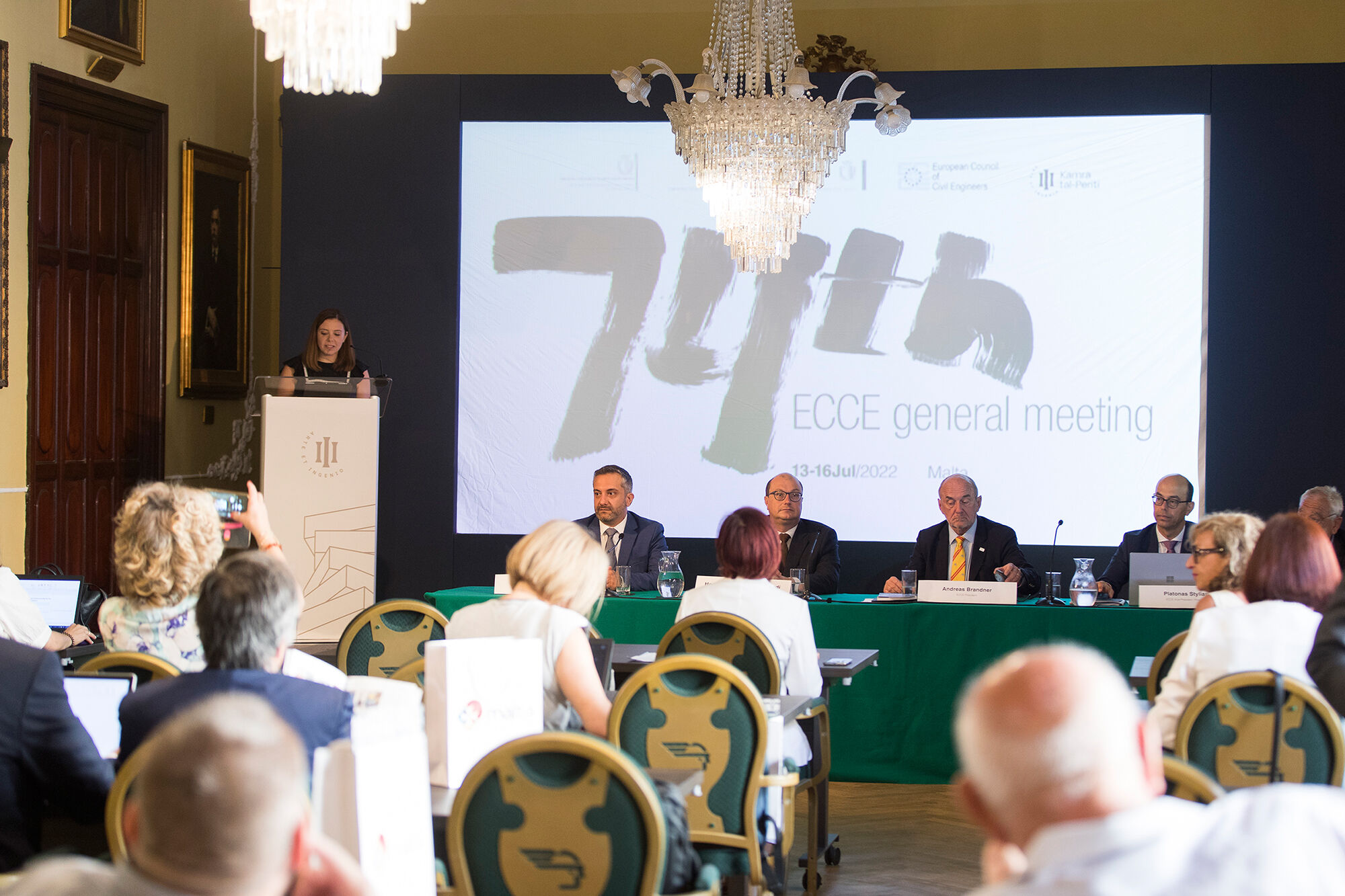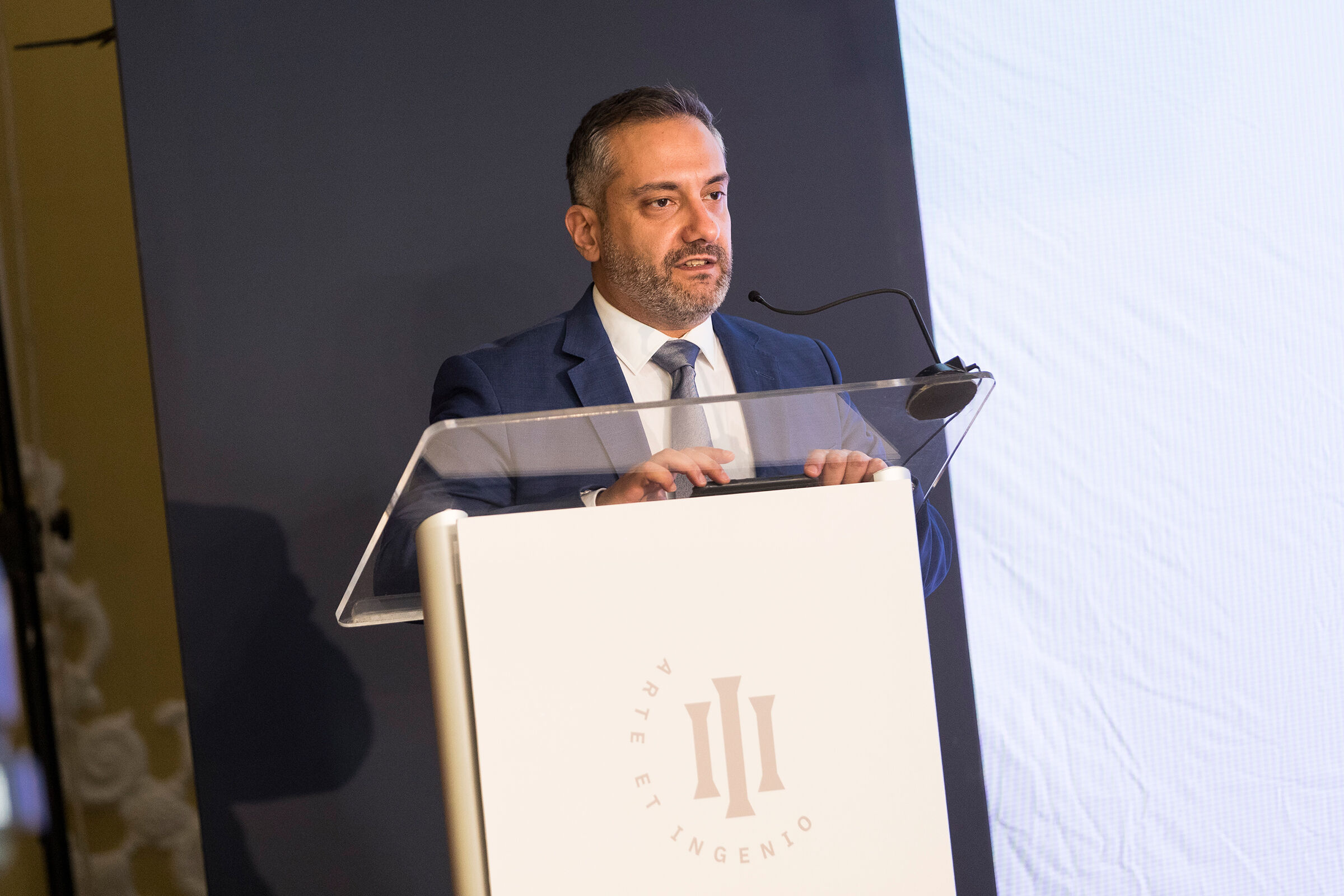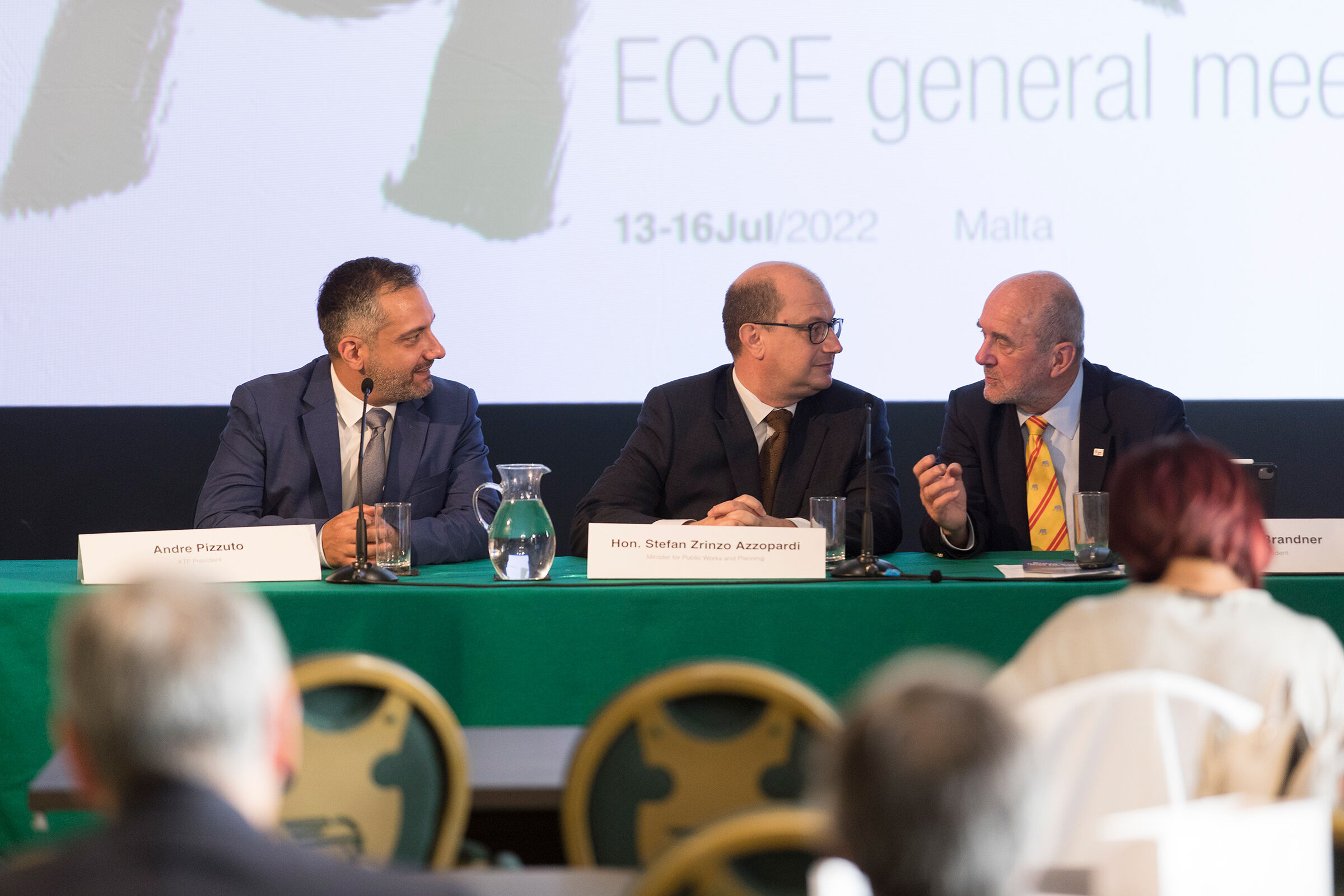PR 03/23 | When in a hole…
Reference is made to this afternoon’s article carried in the MaltaToday online titled “Planning minister refuses to apologise to Kamra tal-Periti over scheme rollout blunder”.
At the onset, the Kamra tal-Periti wishes to point out that it never requested an apology for itself or the members of its Council, but for all periti who wasted a week of their professional time, their dignity trampled on, as well as to their clients whose hopes were needlessly raised through the extensive PR. Funds that could have been diverted towards more restoration projects.
Nevertheless, it is pertinent to point out that in none of the “consultation” meetings held with the Planning Authority nor with the Minister was the Irrestawra Darek scheme ever brought up.
The first Council members heard of the scheme was on 19th May at 3.30pm; the day the scheme conditions were communicated to all periti via email.
Our immediate reaction was of shock and dismay as we noted that the date and time chosen seemed to intentionally clash with the seminar organised by the Kamra regarding the Santa Luċija judgement to which the PA was invited. We raised our concerns with both the Minister and the Executive Chairperson about this, and asked for the opening to be shifted by a day or at least moved to 2pm. The Minister’s response was that he was only willing to shift the opening to 12pm. However, we never got direct confirmation of this shift until Monday, when an email sent out to all periti confirmed the change in time – causing a general scramble across the profession and in the organisation of the seminar.
Given that the scheme conditions had been formalised, there was clearly no scope for integrating the recommendations about the 2019 edition the Kamra had given former Ministers for Planning Ian Borg and Aaron Farrugia, as well as former PA Board Chairperson Perit Vince Cassar, and former Executive Chairpersons Johann Buttiġieġ and Martin Saliba, among others.
It is indeed unfortunate that none of the aforementioned provided a proper handover to the current Minister and Planning Authority administration. It would have certainly averted the debacle in this year’s edition.
Had the handover been effected, or the Kamra consulted, the Minister would have been made aware of our objection to the first-come first-served basis as well as other negative elements of the scheme. The first to benefit from the Kamra’s recommendations, as always, would be the Minister and the affected authority.
Despite the above, we welcome the fact that Minister Zrinzo Azzopardi is finally considering reopening the scheme after taking our recommendations into consideration.




